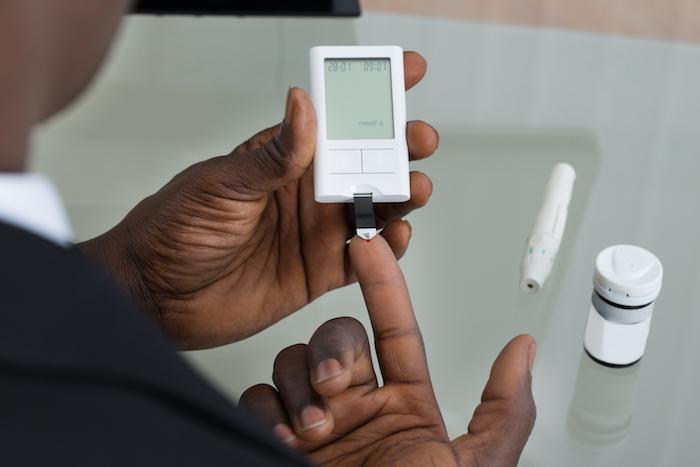Erectile dysfunction (ED) is a common condition that affects many men worldwide, and it is often associated with underlying medical conditions. One such condition is diabetes, and understanding the link between erectile dysfunction and diabetes is essential for individuals and healthcare professionals alike.
Diabetes is a chronic metabolic disorder characterized by high blood sugar levels. Over time, elevated blood sugar levels can damage blood vessels and nerves, leading to complications throughout the body, including the penis. The connection between diabetes and erectile dysfunction is multifactorial, involving both physical and psychological factors.
One of the primary physical mechanisms linking diabetes and ED is vascular damage. High blood sugar levels can cause damage to the small blood vessels and impair blood flow, affecting the ability to achieve and maintain an erection. Additionally, diabetes can lead to a condition known as atherosclerosis, where fatty deposits build up in the arteries and restrict blood flow to the penis. This reduced blood flow significantly contributes to the development of erectile dysfunction.
Nerve damage, known as diabetic neuropathy, is another common complication of diabetes that can impact sexual function. Nerve damage can disrupt the normal signaling pathways between the brain, spinal cord, and penis, leading to difficulties in achieving or maintaining an erection. The sensory and motor nerves responsible for sexual arousal and response can be affected, further exacerbating the issue.
Psychological factors also play a role in the connection between diabetes and erectile dysfunction. The emotional stress of managing a chronic condition like diabetes can contribute to anxiety, depression, and reduced sexual desire. The constant monitoring of blood sugar levels, medication management, and lifestyle adjustments can place significant psychological strain on individuals, further impacting their sexual function.
Addressing the link between diabetes and erectile dysfunction requires a comprehensive approach. Managing blood sugar levels through medication, diet, and exercise is crucial in preventing or minimizing the development of ED. Lifestyle modifications, such as maintaining a healthy weight, regular physical activity, and a balanced diet, can also help reduce the risk of complications.

